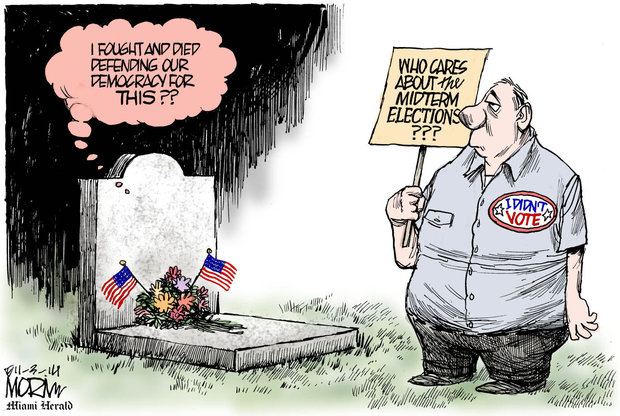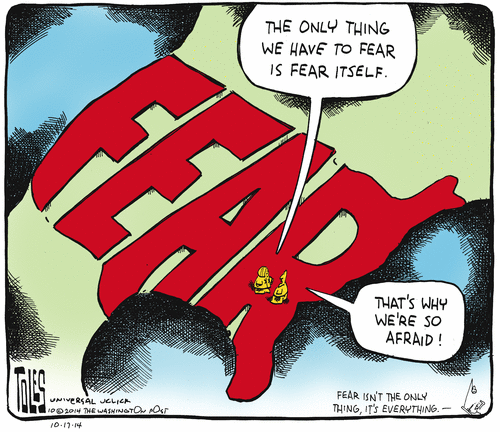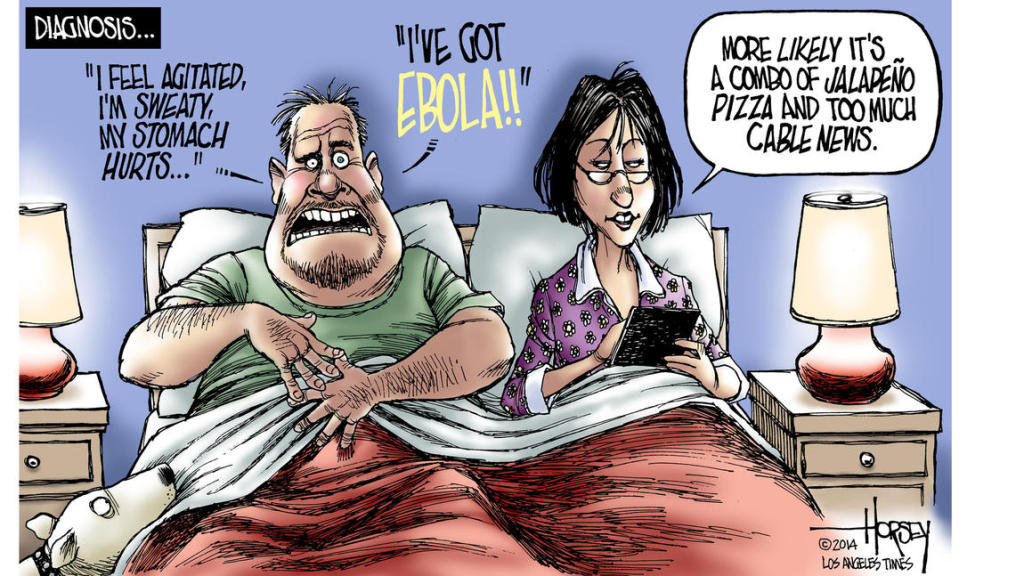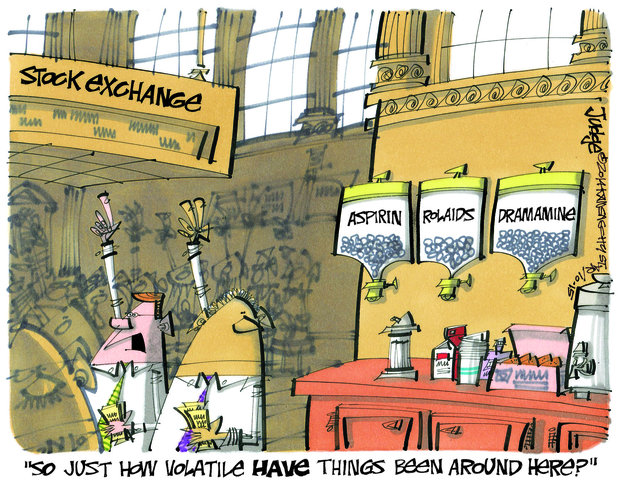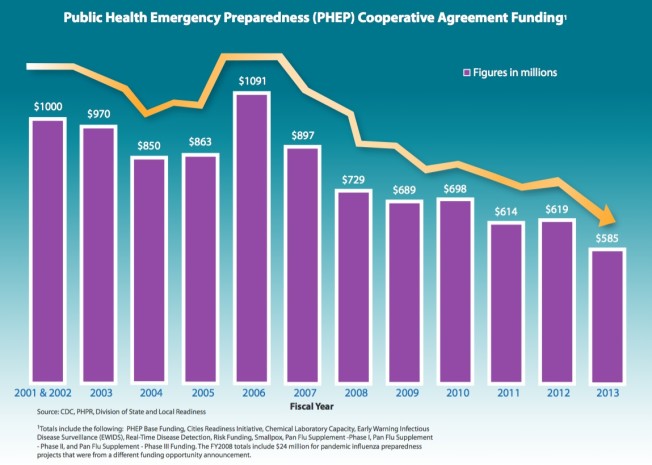For the first time in his six SOTU speeches, the president’s economic message on Tuesday was not: “yes, the economy’s weak, but it’s getting stronger” or “we’re on the right path, but we’re not out of the woods.” Instead, he called 2014:
A breakthrough year for America, [as] our economy is growing and creating jobs at the fastest pace since 1999. Our unemployment rate is now lower than it was before the financial crisis. More of our kids are graduating than ever before; more of our people are insured than ever before; we are as free from the grip of foreign oil as we’ve been in almost 30 years.
He added: “this is good news, people!” What President Obama meant was, now that we’ve have sustained economic growth in place, we need to start talking about the policy agenda that will give all of us a chance to benefit from that growth.
But the spin afterwards spoke about things like “leadership”, “redistribution” and “class warfare” that the many, many GOP presidential candidates and their surrogates will parse incessantly, without offering any solutions for our economic future, or those domestic problems that continue to dog America.
Speaking of politics that have not led to solutions, Mr. Obama spoke of his opening with Cuba. Here is what he said:
In Cuba, we are ending a policy that was long past its expiration date. When what you’re doing doesn’t work for 50 years, it’s time to try something new. And our shift in Cuba policy has the potential to end a legacy of mistrust in our hemisphere. It removes a phony excuse for restrictions in Cuba. It stands up for democratic values, and extends the hand of friendship to the Cuban people. And this year, Congress should begin the work of ending the embargo.
But anti-Castro politics, mostly fostered by Republicans, have embargoed some things that have potentially really cost American citizens. No, it’s not Cuban Rum. The Cubans have developed a drug called Heberprot-P, that appears to be very effective in curing advanced foot ulcers in people with diabetes. It could have been licensed for US clinical trials since 2007. It is patented in over 30 nations, including here in the US, and in the European Union.
Most of us have never heard of Heberprot-P. The drug uses a form of epidermal growth factor (EGF) to help regrow cells lost to diabetic foot ulcers (DFU). According to the American Diabetes Association, DFU causes about 73,000 non-traumatic lower-limb amputations in US adults aged 20 years or older who were diagnosed with diabetes.
The idea behind Heberprot was developed in St. Louis years before the embargo by biochemist Stanley Cohen and neurophysiologist Rita Levi-Montalcini. They received the 1986 Nobel Prize in Medicine for their discoveries of epidermal and nerve growth factors. They discovered that protein recumbent epidermal growth factor stimulates cell growth. The Cubans applied that idea to foot ulcers.
Because of the embargo, we haven’t brought the drug to the US for clinical trials. But, Mr. Obama could immediately license the import of Heberprot-P without waiting for Congress to debate the end of the embargo.
In fact, US scientists heard first hand from Cuban scientists about the Heberprot-P at two forums held here in 2014. One of them was a meeting of the Conference on the Management of Diabetic Foot Ulcers (DFCON, 2014), the largest meeting of US professionals treating patients with this ailment.
So, despite the politics and the hurdles presented by Cuban-American politicians, the President could license the importation of the drug for study and use in clinical trials, followed by an application for approval of Heberprot-P by the Food and Drug Administration. It could then be researched further by American scientists that wish to test different cell growth rates using incubation equipment and see if this treatment could in fact be applied to helping the regrowth of lost cells in humans due to DFU.
In fact, there is a precedent. In July, 2004, the federal government permitted a California biotechnology company to license three experimental cancer drugs from Cuba. That required permission from the Treasury Department’s Office of Foreign Assets Control.
At the time, a State Department spokesperson said that an exception had been made because of the life-saving potential of the experimental Cuban drugs. A government condition of permitting the license required that payments to Cuba during the developmental phase were to be in goods like food or medical supplies, which are permitted under the embargo, while there are rules against providing the Cuban government with foreign currency. In 2004, the ruling was that after drugs reach the market, payments could be half in cash.
Many Americans are mutilated or die every year because of diabetic foot ulcers. First the toes go, then the feet, and later the legs. Death often follows.
And this drug could have been available for trials since 2007 and wasn’t, because of politics?
We should ask Republican politicians why. Maybe the Republican agenda has been helped by calling the Castro brothers sponsors of state terrorism, but it hasn’t done anything to help people with diabetes in the US keep their toes and feet.

